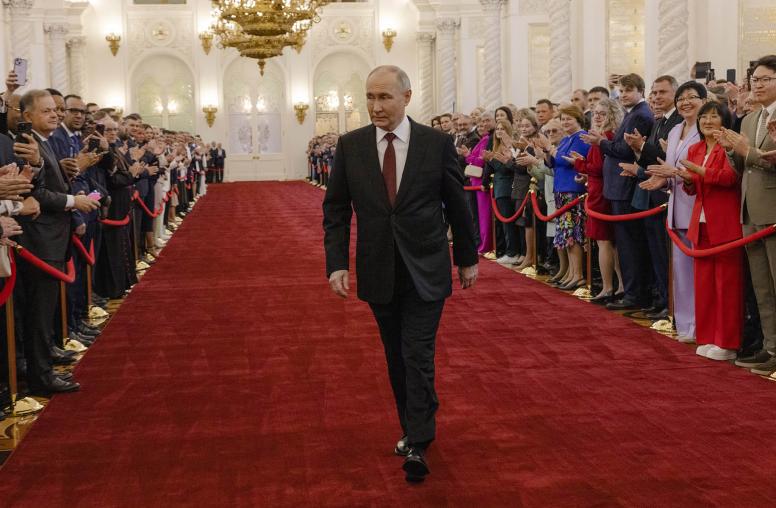Crimea after Five Years of Russian Occupation
The Threat to Global International Order
Read the event coverageIn the five years since its invasion and attempted annexation of the Crimean Peninsula, Russia has continued violating the norms and standards of the international order in Ukraine’s Donbas and the Sea of Azov. Since the invasion, Ukraine and the international community have engaged in extensive efforts to prevent violence, halt violations of human rights and religious freedoms, and restore the country’s territorial integrity. Important statements, such as Secretary Pompeo’s 2018 Crimea Declaration, reject the illegal annexation and are meant to mitigate the possibility of another conflict in the region.
On March 19, 2019, the U.S. Institute of Peace, the Ukrainian Embassy and the Atlantic Council hosted a discussion on the illegal Russian occupation of Ukraine’s Crimea. A distinguished set of panelists went beyond the current nonrecognition policies and delved into scenarios that could create the conditions necessary to reunify the Crimean Peninsula, deter further Russian aggression and move past the dangers of the status quo. Take part in the conversation on Twitter with #CrimeaAfter5Years.
Speakers
Ambassador Bill Taylor, opening remarks
Executive Vice President, USIP
Former U.S. Ambassador to Ukraine
Ambassador Valeriy Chaly, opening remarks
Ukrainian Ambassador to the United States
Heather Conley
Senior Vice President, Center for Strategic and International Studies
Akhtem Chiygoz
Deputy Chairman of the Mejlis of the Crimean Tatar People
Emine Dzhaparova
First Deputy Minister of Information Policy, Ukraine
George Kent
Deputy Assistant Secretary, Bureau of European and Eurasian Affairs, U.S. Department of State
Victoria Nuland
Former Assistant Secretary of State, European and Eurasian Affairs
Andrew Weiss
Vice President, Carnegie Endowment for International Peace
Ambassador John Herbst, moderator
Director, Eurasia Center, Atlantic Council
Former U.S. Ambassador to Ukraine



